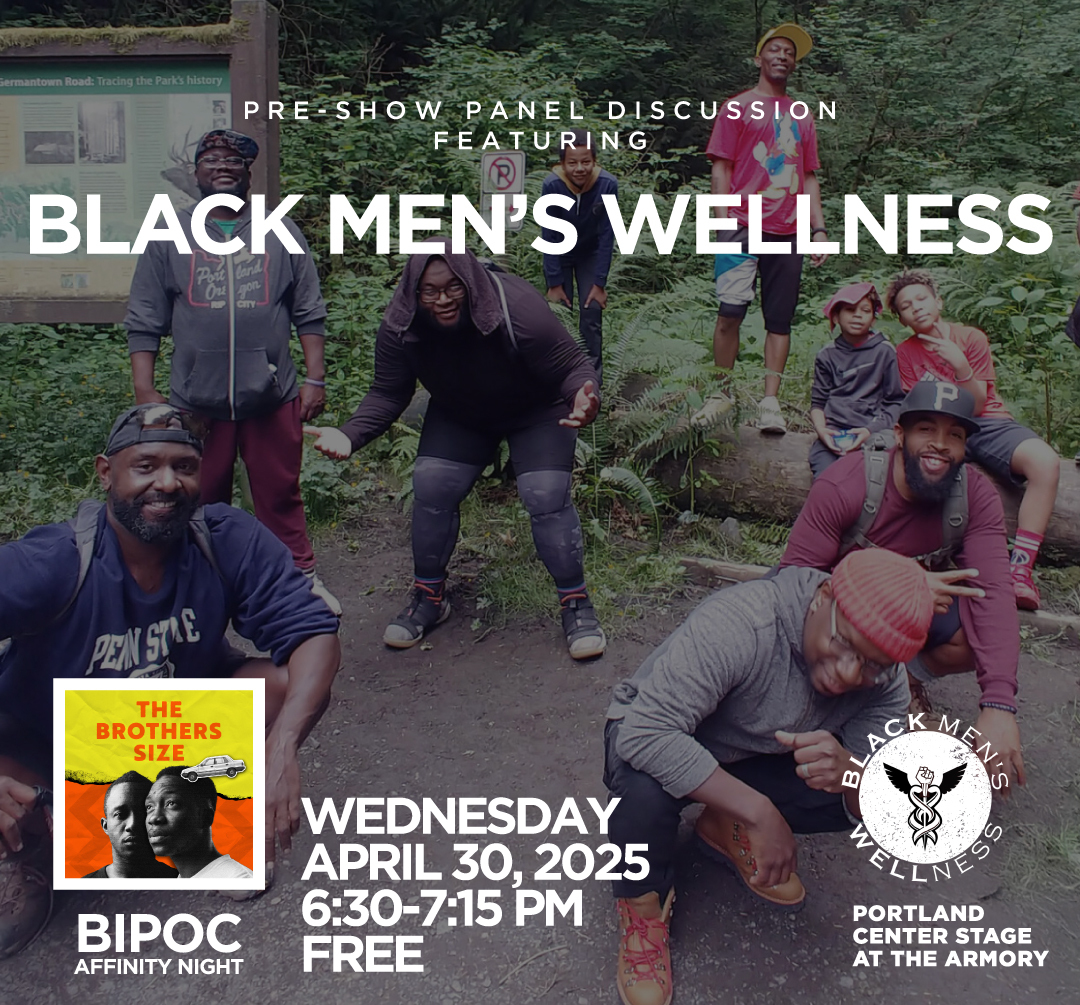Queerness & Christianity
Scriptures
There are several key Bible scriptures that have been interpreted as anti-gay and are used as the basis for the rhetoric that homosexuality is a sin. It should be noted that all of these interpretations are also resting on translation from the original languages that the Bible was written in. Many of the modern translations are derived from the King James Bible which was commissioned by King James VI in 1604, with the mandate that it be written in such a way that did not challenge the hierarchy that placed him as the God ordained head of the church. This work was done by 47 men — meaning many perspectives were excluded and the one goal of protecting power was forefront.
ROMANS 1:26-27
Because of this, God gave them over to shameful lusts. Even their women exchanged natural relations for unnatural ones. In the same way the men also abandoned natural relations with women and were inflamed with lust for one another. Men committed indecent acts with other men, and received in themselves the due penalty for their perversion.
LEVITICUS 18:22
Do not lie with a man as one lies with a woman; that is detestable.
MATTHEW 19:3-6
Some Pharisees came to him to test him. They asked, “Is it lawful for a man to divorce his wife for any and every reason?” “Haven’t you read,” he replied, “that at the beginning the Creator ‘made them male and female’ and said, ‘For this reason a man will leave his father and mother and be united to his wife, and the two will become one flesh?' So they are no longer two, but one. Therefore what God has joined together, let man not separate.”
1 CORINTHIANS 6:9-10
Do you not know that the wicked will not inherit the kingdom of God? Do not be deceived: Neither the sexually immoral nor idolaters nor adulterers nor male prostitutes nor homosexual offenders nor thieves nor the greedy nor drunkards nor slanderers nor swindlers will inherit the kingdom of God.
Though these scriptures seem explicit, many Bible scholars disagree on their meaning and origin. For example, Queer Theologian Matthew Vine asserts that what we would interpret as “men lying with men” was actually meant to apply to masters and slaves or adults and young children, rather than two consenting adults with love between them.
The Black Church Gays
The Black Church has always been, and in some instances continues to be, a Black cultural center. All the way back to enslavement, it was often the only place where Black folks were allowed to gather under little to no supervision, and therefore has always been a place of community building, liberation seeking, and free expression. This idea of freedom and liberation, however, has rarely been extended to the queer members of the congregation — a contradiction some reconcile by leaving, and others by staying, and others by serving or building their own congregations.
According to a 2017 PEW Study, 52% of African Americans have a positive view of same-sex marriage compared to 61% of Americans as a whole. The 52% approval drops to 44% when the poll only queries African Americans who self-identify as Protestant. In 2020, a Lifeway study found that only 1 in 8 Black pastors, however, agreed with the statement “I see nothing wrong with two people of the same gender getting married” — meaning that while 44% of Black Protestant churchgoers approve of same sex marriage, only 15% of Black ministers do.
Still, we know that there are queer folks in every church, regardless of whether they are out or not, and many of them serve in several capacities of the ministry, from ushers to choir directors to deacons, and to pastors. The gay choir member or director is ubiquitous to the point of becoming cliche. E. Patrick Johnson writes:
What is most insidious about the church’s denouncement of homosexuality, however, is its exploitation of its gay members. As with Elisha in Go Tell It on the Mountain, [James Baldwin’s 1953 novel] who serves as the church pianist, the church exploits the musical talents, financial savvy, and leadership abilities of gays. At the same time that it denies homosexuality as a valid form of Black Christian sexuality as well as denies the homosexual his/her/their rightful place among the “saints,” it uses the Black gay body to bring others to Christ.
Exploitation aside, the church, and especially the choir, has served as a safe place for many queer Christians. In E. Patrick Johnson’s book, Sweet Tea: Black Gay Men of the South, an Oral History, he describes himself as “the little fat boy with the high butt and high voice that could sing” and he suggests that his participation in the church choir gave him the opportunity to express himself and his “femininity,” build bonds with others, be affirmed by his community, and that the choir “provides a way to adhere to the religiosity of southern culture but also builds a sense of community within what can sometimes be a hostile space.” Several of the men he interviews for the chapter of the book called “Church Sissies” echo his sentiments. Commentator Keith Boykin, a Black gay man, calls it a paradox: "The church might be the most homophobic and most 'homotolerant' of any institution in the black community." It is true that much of the creativity that comes out of the church can be attributed to its queer members. Writer Ashon Crawley marvels at this relationship and questions “If all this beauty is created in exclusion, what could we be if we were free?”
Portland Center Stage is committed to identifying & interrupting instances of racism & all forms of oppression, through the principles of inclusion, diversity, equity, & accessibility (IDEA).

















